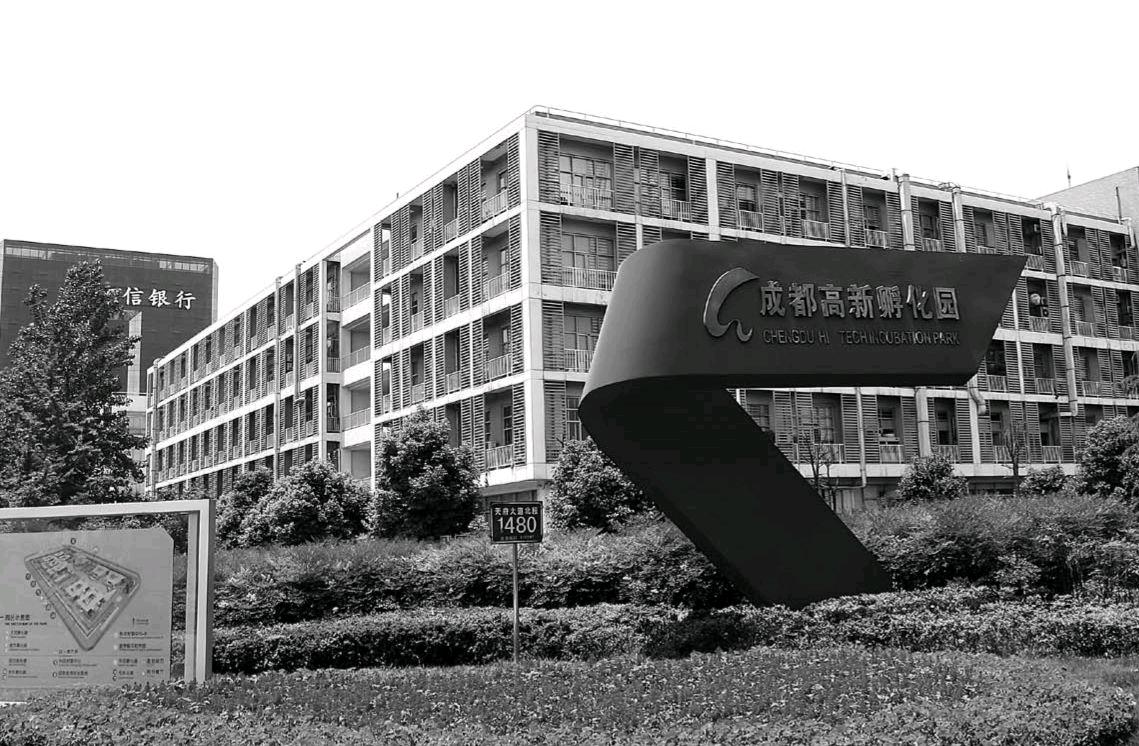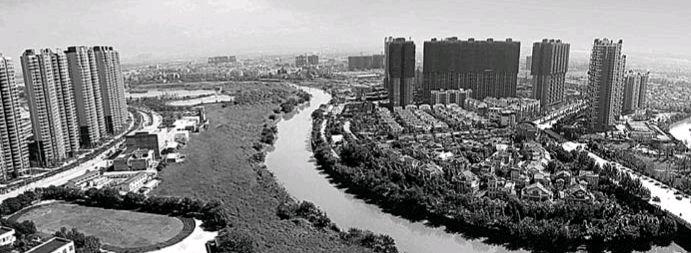Chengdu Embraces“Negative List”
2014-08-14

Chengdu, the capital city of Sichuan Province, is always thought to be the frontrunner during Chinas plan of invigorating its western part. The High-Tech Zone of Chengdu, which was founded in 2011, is the symbol for Chengdus reform and development.
This year is the third year of the High-Tech Zone of Chengdu. It is widely held that it is the crucible time for this zone. Also in this year, the administrative body of High-Tech Zone of Chengdu, launched or is going to launch several new reformative measures, including the management pattern based on “negative list”, the“startup incubation market” – the first one ever in China – and other impressive measures.
According to the document named Key Points for the Reform and Innovations of High-Tech Zone of Chengdu 2014, Chengdus government aims at boosting the healthy and fast development through market-oriented method and connecting Chengdu to the world.
The Exploration in “Negative List”
The said “negative list”, which is short for “investment negative list” is a management method for the foreign and domestic investment. It lists out the industries a country forbids investors to get into, leaving the industries not in the list open to all investors. The“negative list” is a common method in foreign countries, but in China, it is only the second time it appeared in China.
Its debut happened in the Shanghai Free Trade Zone. Presently, it is still a pilot project in Shanghai. Chengdu is established as the second experimental field for this new management pattern, highlighting its importance for the economic reform and development of China.
“The exploration into the ‘negative list is going to be our primary target in the future,” said a director of the HighTech Zone of Chengdu. According to the requirements of Chengdu government, the High-Tech Zone of Chengdu is going to promote the “negative list”along with other measures, promote the reform to the administrative examination and approval for foreign investment, accelerate the change of the governmental functions and build an apparent and fair regulatory system.
In order to have a better perfor- mance in the “negative list”-based management, the High-Tech Zone of Chengdu successively invited Prof. Wang Liming, standing vice principal of Renmin University of China, and Zhang Yutan, chief of the Sichuan Provincial Office of Legislative Affairs, to give lectures and reports about the legal governance of High-Tech Zone of Chengdu and promotion of the reform, clearing away the ideal and conceptual obstacles for the “negative list”.endprint
The “negative list” in Chengdu includes two parts: one for the foreign investors and the other for the domestic investors. The “negative list” for foreign investors sorts out the industries that are closed to foreign investors based on the relevant laws of foreign investment and The Guiding Catalogue of Industries for Foreign Investment, the chief document for foreign investment in China. The compilers of the“negative list” also put the status quo of Chengdu into consideration to keep the accuracy and feasibility of the contents.
As for the “negative list” for domestic investors, the main goal is to eliminate the outdated production capacity and to promote the industrial structure changes. Meanwhile, it has integrated the requirements in the environmental protection and development features of the High-Tech Zone of Chengdu. Therefore, the “negative list”for domestic investors is believed to be able to play an important role in a reasonable industrial layout and boosting the development in this zone.
When fixing the “negative list”, the High-Tech Zone of Chengdu also actively promotes the “list of permit” by setting up more apparent and open standards and procedures for the examination of investment applications. The administrative department of HighTech Zone of Chengdu has already earned more authorities from the governments of Chengdu and Sichuan, which give it more rights to say yes to qualified investors without waiting for the nod of the government of higher levels. It also turns to the “online administration”, trying to simplify the procedures with the Internet technologies.
After telling investors which part they can get in and choosing the qualified partners, the administration of High-Tech Zone of Chengdu also needs to supervise the qualified investors. Here comes out the “supervision list”, which targets applying strict supervision and maintaining the business circumstance there.
In-depth Reform
Apart from exploring the management pattern based on the “negative list”, the Key Points also includes goal of “probing into the market-oriented enterprise development system by founding the first ‘startup incubation system in China”. In addition, the Key Points also attempts to thoroughly probe into the reform to social affairs, cultural construction, connection to the world and invigoration of the governmental reform force.
“The Key Points has included the passion, determination and wisdom of people in Chengdu to promote the citys development through reform,”a director of High-Tech Zone of Chengdu said. “As a new zone with innovative systems, the High-Tech Zone of Chengdu has been keeping the reform in its mind since its foundation. All our achievements and ambitions are shown in the Key Points.”endprint
In 2014, the High-Tech Zone of Chengdu has stepped into a crucible year for its development. “We need to keep driving ourselves during the reform and establishes the development as our primary goal,” said the aforementioned director. He has already considered the High-Tech Zone of Chengdu as the frontrunner for the re- form to Chengdu, or even West China.
He has the right to be that confident. The High-Tech Zone of Chengdu is one of the first national-level high tech zones with its comprehensive power and innovative ability ranking in the top among all high-tech zones in China. It is an important engine for the development and reform of Chengdu and Sichuan.
In the first four months of 2014, the two major economic indices of High-Tech Zone of Chengdu both saw the double-digit growth. The industrial output amounted to 85.5 billion yuan, up 19.3% year on year. The industrial value-added increased by 17.55. The fixed assets investment amounted to 14.59 billion yuan, up 10%. The total retail sales of consumer goods went up 14.7% to 7.81 billion yuan.
Meanwhile the confidence of market investment is growing. With the injected investment, the High-Tech Zone of Chengdu keeps its pace of massive development and construction. There had been 341 projects built in this zone by the end of this March. Several foreign and domestic giants, no matter they are from IT or medicine, have already settled down there.endprint
